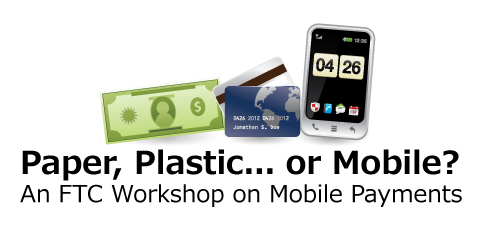Investigators working undercover in nine states detected significant violations of Federal Trade Commission consumer protection requirements in 23 of 102 funeral homes they visited during 2011.
The FTC conducts undercover inspections every year to make sure that funeral homes are complying with the agency’s Funeral Rule. The Rule, issued in 1984, gives consumers important rights when making funeral arrangements. Key provisions of the Rule require funeral homes to provide consumers with an itemized price list at the start of an in-person discussion of funeral arrangements, as well as a casket price list before consumers view any caskets. The Rule also prohibits funeral homes from requiring consumers to buy any item, such as a casket, as a condition of obtaining any other funeral good or service. By requiring itemized prices, the Funeral Rule enables consumers to compare prices and buy only the goods and services they want.
Funeral homes with significant violations can enter a training program designed to increase compliance with the Funeral Rule. The three-year program is known as the Funeral Rule Offenders Program (FROP), and is an alternative to an FTC lawsuit that could lead to a federal court order and civil penalties of up to $16,000 per violation. It is run by the National Funeral Directors Association and provides participants with a legal review of the price disclosures required by the Funeral Rule, and on-going training, testing and monitoring for compliance with the Rule. In addition, funeral homes that participate in the program make a voluntary payment to the U.S. Treasury in place of a civil penalty, and pay annual administrative fees to the Association.
FTC inspections during 2011 encountered varying levels of compliance:
- In Northwest Indiana, one of 12 funeral homes inspected had significant violations;
- In Maui, Hawaii, none of the four funeral homes inspected had significant violations;
- In the New York City area, as well as parts of Connecticut and New Jersey, one of 22 funeral homes inspected had significant violations;
- In Cleveland, Ohio, four of 16 funeral homes inspected had significant violations;
- In Columbia, South Carolina, five significant violations were found in 10 funeral homes inspected;
- In Austin, Texas, four of 19 funeral homes inspected had significant violations; and
- In Richmond and Fredericksburg, Virginia, eight of 19 funeral homes inspected had significant violations.
In addition, the FTC identified 33 funeral homes, within the nine states, with only minor compliance deficiencies. In such cases, the FTC contacts the funeral home and requires it to provide evidence that it has corrected the problems.
Since the FROP program began in 1996, the FTC has inspected more than 2,500 funeral homes and found fewer than 400 engaged in significant Rule violations. In conducting its annual enforcement sweeps, the agency has received assistance from several state attorneys general. This year, the FTC wishes to thank Ohio Attorney General Mike DeWine for the valuable assistance provided by his office.
The FTC educates consumers in English and Spanish about their rights under the Funeral Rule, and provides guidance to businesses in how to comply. For more information read Paying Final Respects: Your Rights When Buying Funeral Goods & Services, Funerals: A Consumer Guide, and Complying with the Funeral Rule.
The Federal Trade Commission works for consumers to prevent fraudulent, deceptive, and unfair business practices and to provide information to help spot, stop, and avoid them. To file a complaint in English or Spanish, visit the FTC’s online Complaint Assistant or call
1-877-FTC-HELP (1-877-382-4357). The FTC enters complaints into Consumer Sentinel, a secure, online database available to more than 2,000 civil and criminal law enforcement agencies in the U.S. and abroad. The FTC’s website provides free information on a variety of consumer topics. Like the FTC on Facebook and follow us on Twitter.
(Funeral2011)

